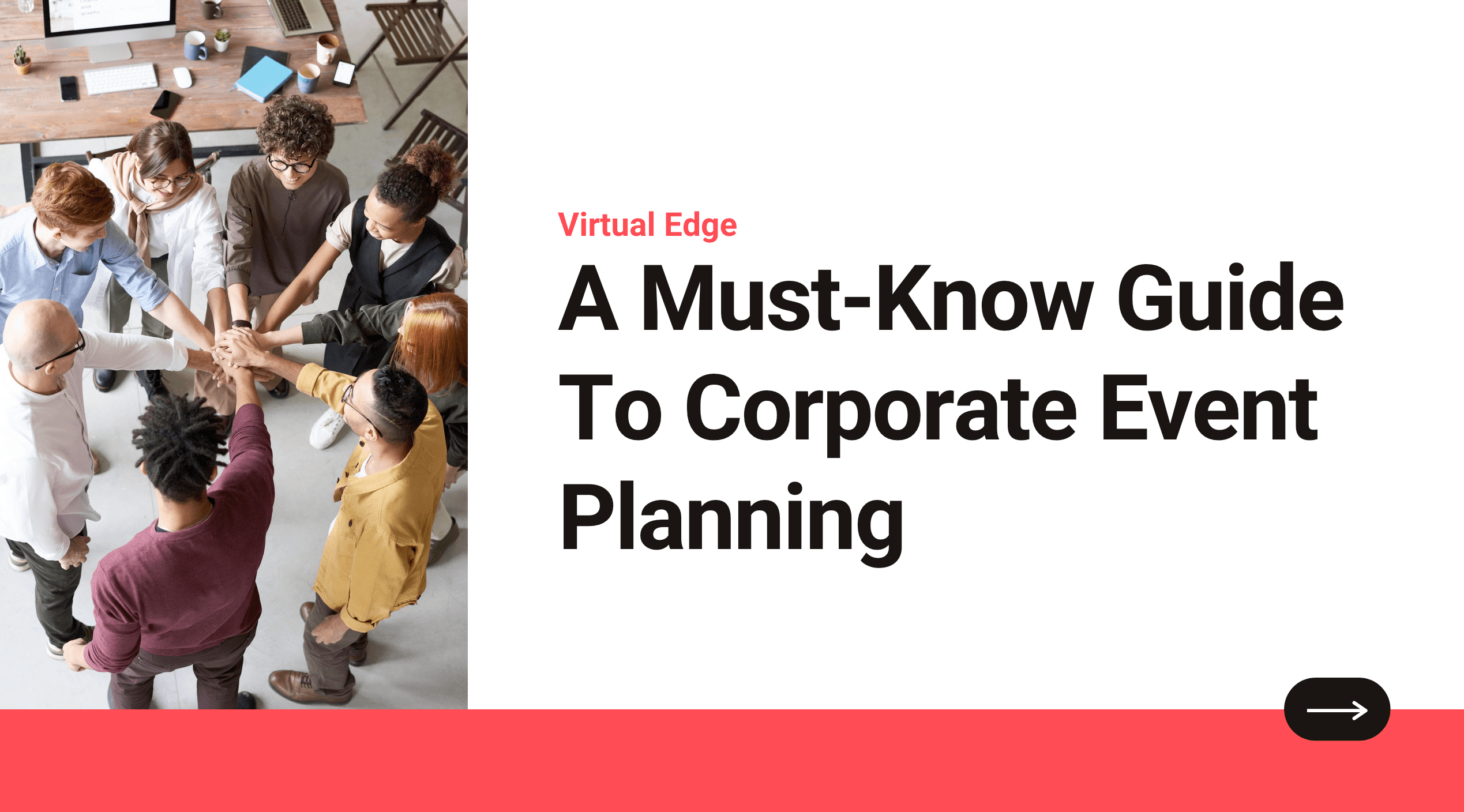Planning is a crucial and perpetual lever to organize a corporate event. Before going into the first steps to organize a corporate event, it is essential to address the benefits of a professional meeting knowing that there are several types of professional meetings (conferences, seminars, team building, workshops).
Professional meeting
A professional meeting is one of the best methods to make your company known that will allow you to access :
- Training and gain in skills management
- Training in interpersonal skills
- Better visibility of your brand image
- A feeling for your company’s values
Whatever your reasons for organizing a corporate event, the same steps must be followed to create an event that will impress all your guests and participants.
Organizing a corporate event means anticipating the smallest details, from the choice of the venue or the room to the selection of service providers to the animation of the day itself. It is, therefore, necessary to have a real reflection beforehand if we want to make this seminar a real success for everyone.
First step: 5-6 months before the event – specifications – Organization
Develop your specifications
When planning the schedule, you should consider that you should have at least 5 to 6 months for the preparation. This is as important for you as it is for the organizers and presenters.
Putting the event in the context
- What is the objective of the event: training, informing, stimulating, enhancing…
- Who is the target audience in terms of age and target audience
Set a date for the event
Make sure you choose a day that is at least 5 months away from the beginning of your preparation and that there is no other seminar on that day on the same theme and in the same area where you plan to hold your event.
Reservation of an appropriate venue for the event
Choosing a venue is one of the most important steps to a successful event and depends on several factors. To decide on the establishment that will host your seminar, you must take into account the following elements:
Reservation of hotel rooms
- Geolocation (national or international)
- Desired country/region/city
- Desired theme (green, sea, country, luxury…)
- Number of participants
- Number of days
- Equipment required
For events lasting several days, do not forget to prepare the accommodation; if the event will take place in a seminar hotel, it is preferable to stay on-site and book rooms in the same establishment. For events in a typical places (castles, estates, barges…), it is recommended to favor addresses close to the place of the professional meeting.
Restaurant
Buffet, lunch break, lunch, dinner… If you have decided to entrust the catering to the venue, do not forget to ask the venue about its catering and to favor an offer appropriate to your participants’ tastes. Otherwise, you can call upon a caterer.
Event suppliers
A small animation, a big party at the end? Need to animate your event? Photographer, animator, caterers? It is important to answer these questions to know if you need to hire an event provider.
Proceed with the organization
Once your specifications are ready, you can proceed to the organization of your event.
Sheets with a presentation, information on the capacity of reception, the address of the place… are at your disposal, you can still ask for a free estimate.
Do you prefer to have the opinion of an expert? You don’t have enough time? You can’t make a choice?
Step 2: Promote your event – Marketing Promotion
- Creation of event invitations
- Printing order and other materials
- Securing participant gifts/raffles
- Producing badges
- Signage and posters
Step Three: Review and Monitoring
One week before the event
Ensure the event pack is in place. This should include the following:
- Conference schedule
- Information about local events in the area, which you can get from your city’s tourism office
- Publicity flyers donated by your ministry or other funding agency
- Telephone numbers for cabs, trains, subways, bus schedules
- Maps of the area
- Ask participants, presenters, and speakers if they need any additional help upon arrival at the event site.
- Check on rooms and reservations.
Day of the event
- Ensure that there is sufficient signage for speakers and participants to find the room where the event will take place.
- Reconfirm: room reservations, catering.
- Set up the room for oral and wall presentations.
- Make sure the entire committee is on call in case of an incident.
- Check that the files are ready.
- Confirm that you have printed lists of speakers and participants.
- Confirm that you have a list of all economic arrangements that need to be set up on the day.
- Have a list of all the telephone numbers of the necessary services: catering, security services, and hospital telephone numbers.
- Make sure you have at least two extra laptops for the day of the event, in case a computer or audio-visual equipment in one of the rooms does not work properly.
One day before the event
- Arrive early
- Prepare the registration desk and make sure everyone is at their stations.
- Check the room layout, equipment, and supplies (AV, water in the classrooms)
- Before the first presentation begins, thank your audience for attending.
- In the event of an emergency, make sure you have been informed of all safety procedures and that at least one committee member knows first aid so that he or she can act accordingly.
Well-studied and organized professional events are inseparable elements of their success in order to associate coherence, reactivity, creativity, and to make this or these days a strong moment.
